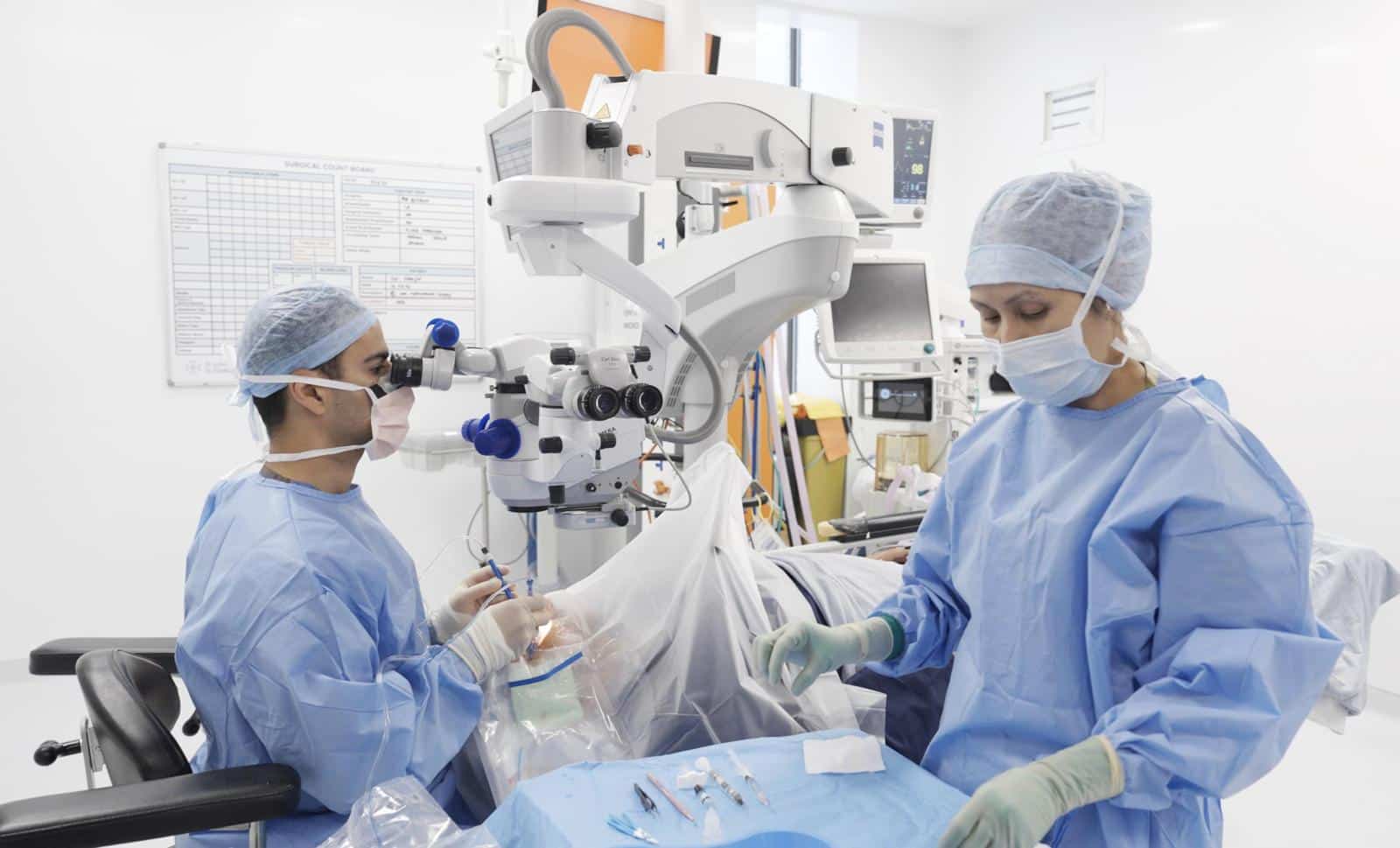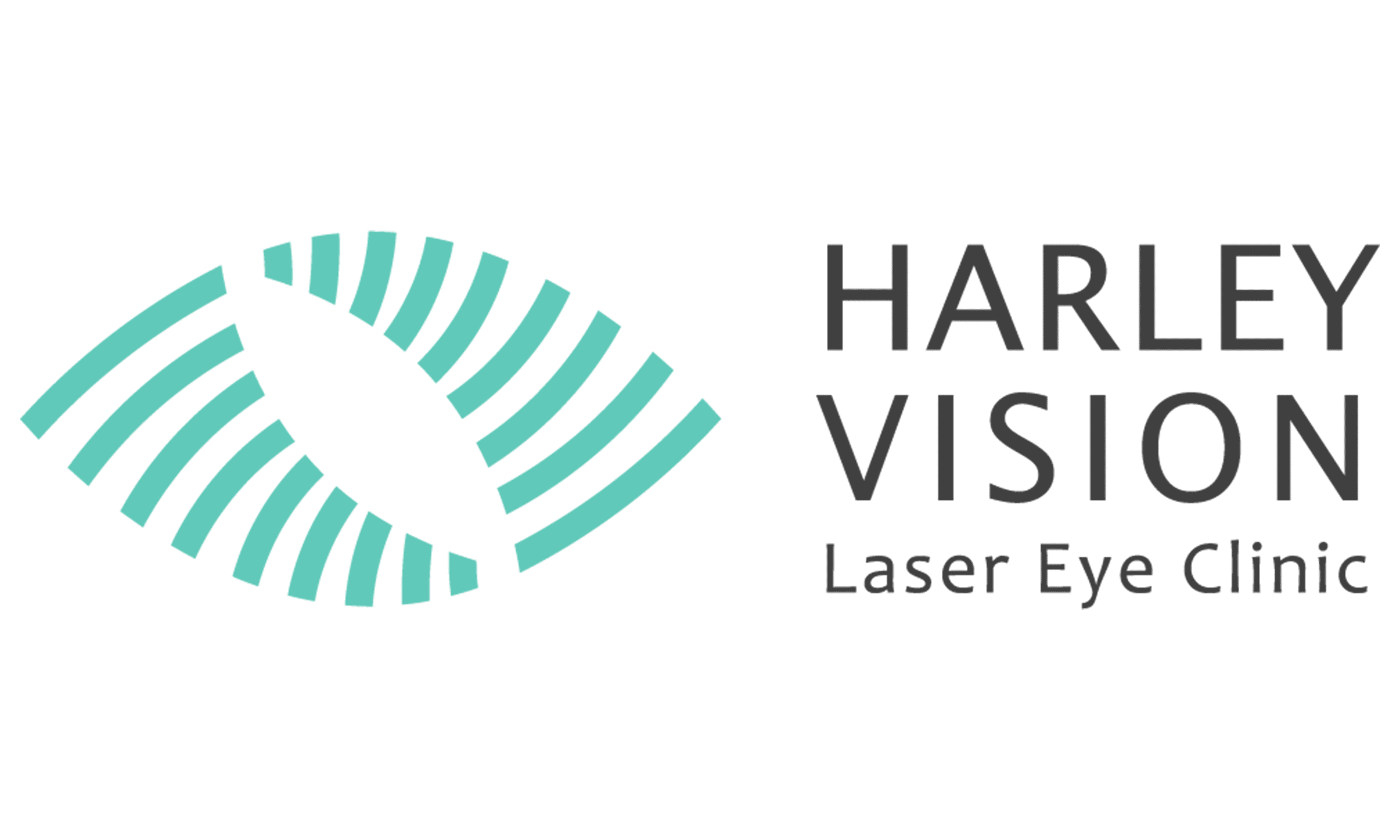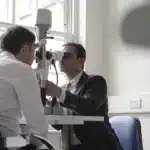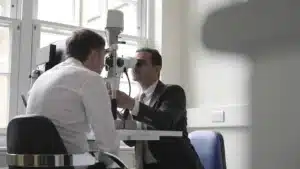
Are you considering laser eye surgery in London for life-changing clarity? At Harley Vision, located in the heart of Harley Street, we offer advanced LASIK and LASEK procedures tailored to your eyes, lifestyle, and vision goals. In this definitive guide, our expert surgeons explain the differences between LASIK and LASEK, helping you make an informed, confident choice.
What Is LASIK Eye Surgery?
LASIK (Laser-Assisted In Situ Keratomileusis) is the most popular type of laser vision correction, offering rapid recovery and minimal downtime.
How LASIK Works
-
Femtosecond Laser Flap Creation: A precise flap is created in the cornea.
-
Excimer Laser Reshaping: The laser corrects your prescription by reshaping the cornea.
-
Flap Repositioning: The flap is replaced to heal naturally without stitches.
LASIK Benefits
✅ Vision often improves within 24 hours
✅ Little pain or discomfort
✅ High rates of 20/20 or better visual outcomes
LASIK Considerations
❗ Rare flap complications — minimized with Harley Vision’s advanced screening protocols
What Is LASEK / PRK Eye Surgery?
LASEK, also called PRK, is a flap-free laser eye surgery technique best for thin corneas, dry eyes, or contact sport athletes.
How LASEK Works
-
No-Touch Epithelium Removal: The surface layer is gently removed.
-
Excimer Laser Reshaping: As with LASIK, the cornea is reshaped.
-
Bandage Contact Lens: A temporary lens helps healing over the first few days.
LASEK Benefits
✅ Ideal for thin corneas or contact sports
✅ No flap = fewer mechanical risks
✅ Long-term vision results equal to LASIK
LASEK Considerations
⏳ Slower visual recovery (3–7 days or more)
💧 More initial irritation — managed with drops and expert aftercare
LASIK vs LASEK: Quick Comparison
| Feature | LASIK | LASEK/PRK |
|---|---|---|
| Flap Involved | Yes | No |
| Recovery Time | 24–48 hours | 3–7 days (longer to stabilise) |
| Discomfort | Minimal | Moderate |
| Best For | General cases | Thin corneas, dry eyes, contact sports |
| Long-Term Vision | Excellent | Excellent |
Other Vision Correction Options at Harley Vision
Not suitable for LASIK or LASEK? We offer a full range of refractive surgery options:
👁️ ICL Surgery (Implantable Collamer Lens)
-
Ideal for very high prescriptions or thin corneas
-
A tiny lens is implanted inside the eye, without removing the natural lens
-
Reversible and excellent for younger patients not ready for lens exchange
👉 Learn more about ICL surgery
👓 Refractive Lens Exchange (RLE)
-
Best for people over 45 or those with early lens ageing (presbyopia)
-
The natural lens is replaced with a premium intraocular lens (IOL)
-
Also prevents cataracts in the future
👉 See our Lens Replacement Surgery page
🧠 Topography-Guided & Wavefront Custom Treatments
-
Customised laser profiles to treat higher-order aberrations
-
Ideal for complex prescriptions or past surgical enhancements
Why Choose Harley Vision for Your Laser Eye Surgery Journey?
Meet Mr. Mukhtar Bizrah: Your Experienced and Trusted Clinical Director
Mr Mukhtar Bizrah is one of the few ophthalmic surgeons in the world who is multi board-certified across several major regions:
-
FRCOphth (UK)
-
FACS (USA)
-
FRCSC (Canada)
-
FEBO (Europe)
-
FWCRS
-
CertLRS (UK)
He completed advanced fellowships in refractive, cornea, and cataract surgery at:
-
Western Eye Hospital, Imperial College Healthcare NHS Trust (London, UK)
-
University of British Columbia (Vancouver, Canada)
He also trained at Moorfields Eye Hospital, and has authored over 50 research publications and presentations, winning 26 awards at national and international levels. His work has featured on CNN, ITV, and CBS News, and he is actively involved in mentoring other surgeons.
Surgical Safety in Top London Hospitals
All Harley Vision surgeries are performed in CQC-registered surgical hospitals:
-
Harley Street Eye Centre
-
Hospital of St John and St Elizabeth
-
King Edward VII’s Hospital
Tailored Treatment Plans and Technology
We develop individualised surgical plans using advanced diagnostics to tailor LASIK or LASEK specifically to your eye anatomy and lifestyle goals.
Comprehensive Aftercare Support
-
Scheduled follow-up visits
-
Direct access to your surgical team
-
Dry eye therapy support
-
Enhancement planning if needed
Patient Testimonials: Hear from Those Who Chose Harley Vision
“Excellent service from start to finish. Fixed my very complex prescription completely and I no longer need glasses having had them since I was 4. Would recommend Harley Vision and Dr Bizrah highly — you will be in safe hands.”
— Zac, UK
“As a doctor, I’ve worked with many clinicians. Mr Bizrah stands out not just for his world-class qualifications, but also for his humility and sincere care for patients. I’ve already recommended him to many of my family and friends.”
— Safi, UK
“Just one day after my LASIK surgery, I now have better-than-20/20 vision. The care from Mr Bizrah and his team was exceptional. His surgical plan gave me total confidence, and the entire process was smooth and professional.”
— Chris, UK
Frequently Asked Questions About Laser Eye Surgery at Harley Vision
Am I suitable for laser eye surgery?
Yes, most patients are suitable. We carry out specialised diagnostics to assess prescription, corneal thickness, and eye health — even if you’ve been told you’re unsuitable elsewhere.
What is the difference between LASIK and LASEK?
LASIK involves creating a corneal flap for faster healing. LASEK doesn’t use a flap, making it better for thinner corneas or high-impact activities. Both offer excellent long-term results.
Is laser eye surgery painful?
No. Numbing drops are used. LASIK typically has minimal discomfort. LASEK may feel gritty for a few days, controlled with eye drops and medication.
How long does it take to recover?
-
LASIK: Clear vision often within 24–48 hours
-
LASEK: Slower — functional vision in 3–7 days, full clarity in weeks
Are there any risks?
Risks are rare. Possible temporary effects include dry eyes, glare, or halos — usually short-term and manageable. Harley Vision uses the latest screening and surgical tech to minimise complications.
How long do the results last?
Results are permanent. But with age, natural changes like presbyopia or cataracts can affect vision later. We’ll explain this during your consultation.



